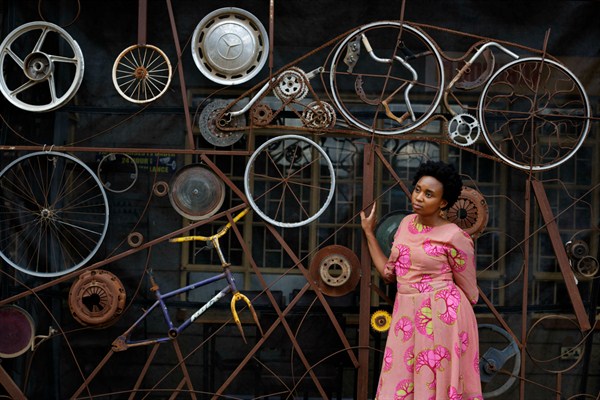NAIROBI—In late April, Wanuri Kahiu, the Kenyan filmmaker, was busy preparing to walk down the red carpet at the Cannes Film Festival in France. With just a week to spare, she needed to finalize arrangements with the fashion designers and stylists who would provide the various looks for the media whirlwind, as well as prepare for a barrage of meetings with other directors, producers and potential funders. For an independent filmmaker, Cannes has always been the premiere event for those hoping to get a film seen and sold. As the first Kenyan ever invited to screen a film there, Kahiu was anxious to have everything in order.
At the same time, on the other side of Nairobi, Ezekiel Mutua, the chairman of the Kenya Film Classification Board, or KFCB, was preparing to denounce as illegal the very film that Kahiu was traveling to the festival to promote.
The film in question is “Rafiki,” the Swahili word for friend. Set in present-day Kenya and released in May, it employs the country’s history of fraught, sometimes violent elections as the backdrop for a tender story involving a pair of young adults—the children of politicians from rival camps—who fall in love. The story had drawn Mutua’s ire for the simple reason that the couple are two women, a daring twist in a country whose penal code punishes same-sex sexual acts with up to 14 years in prison.
Listen to Nanjala Nyabola discuss this article on WPR’s Trend Lines Podcast. Her audio starts at 24:50.

